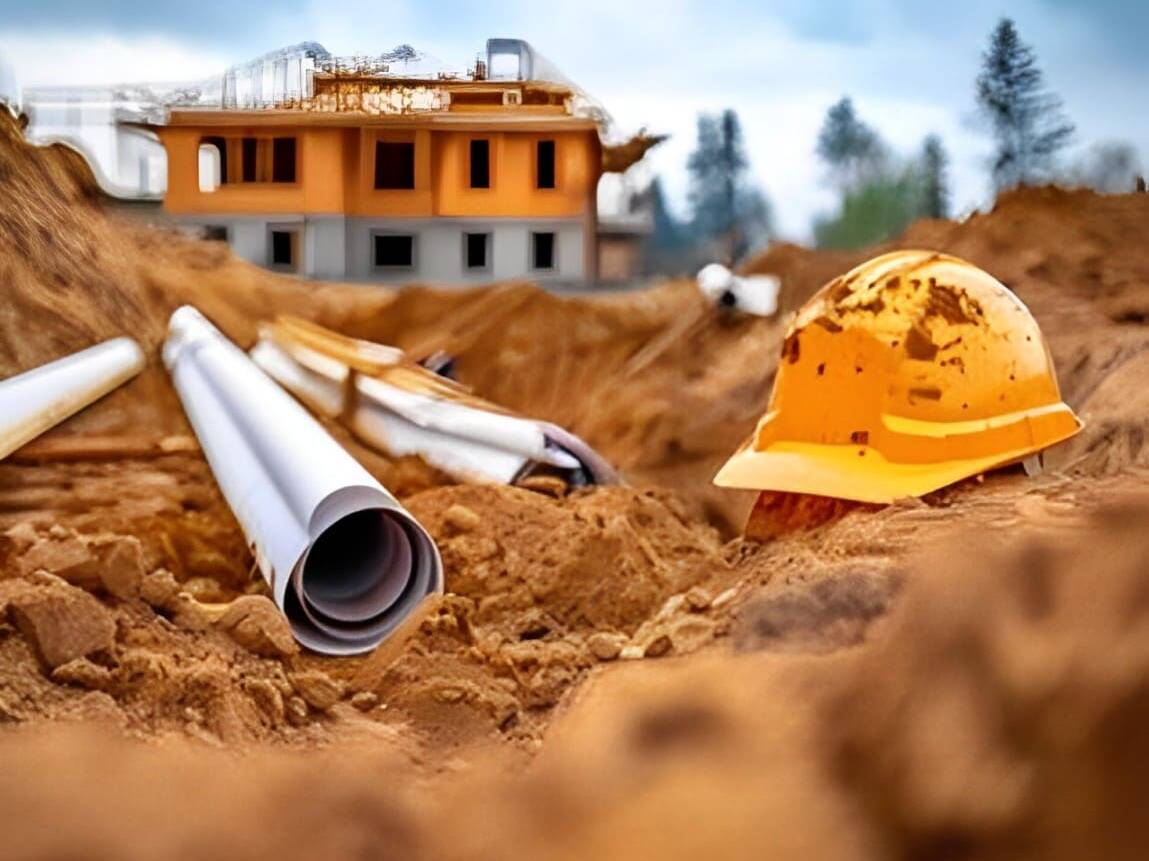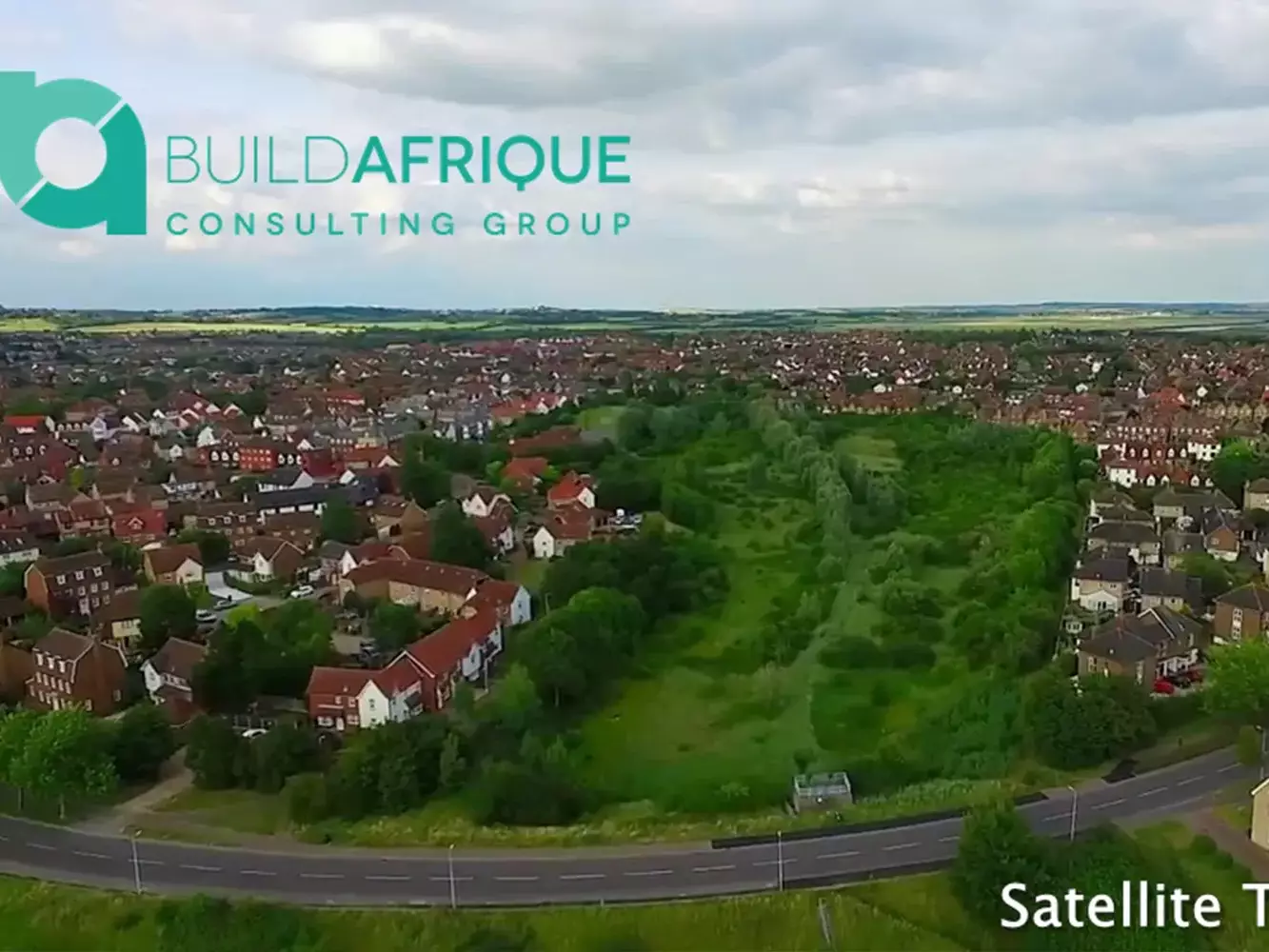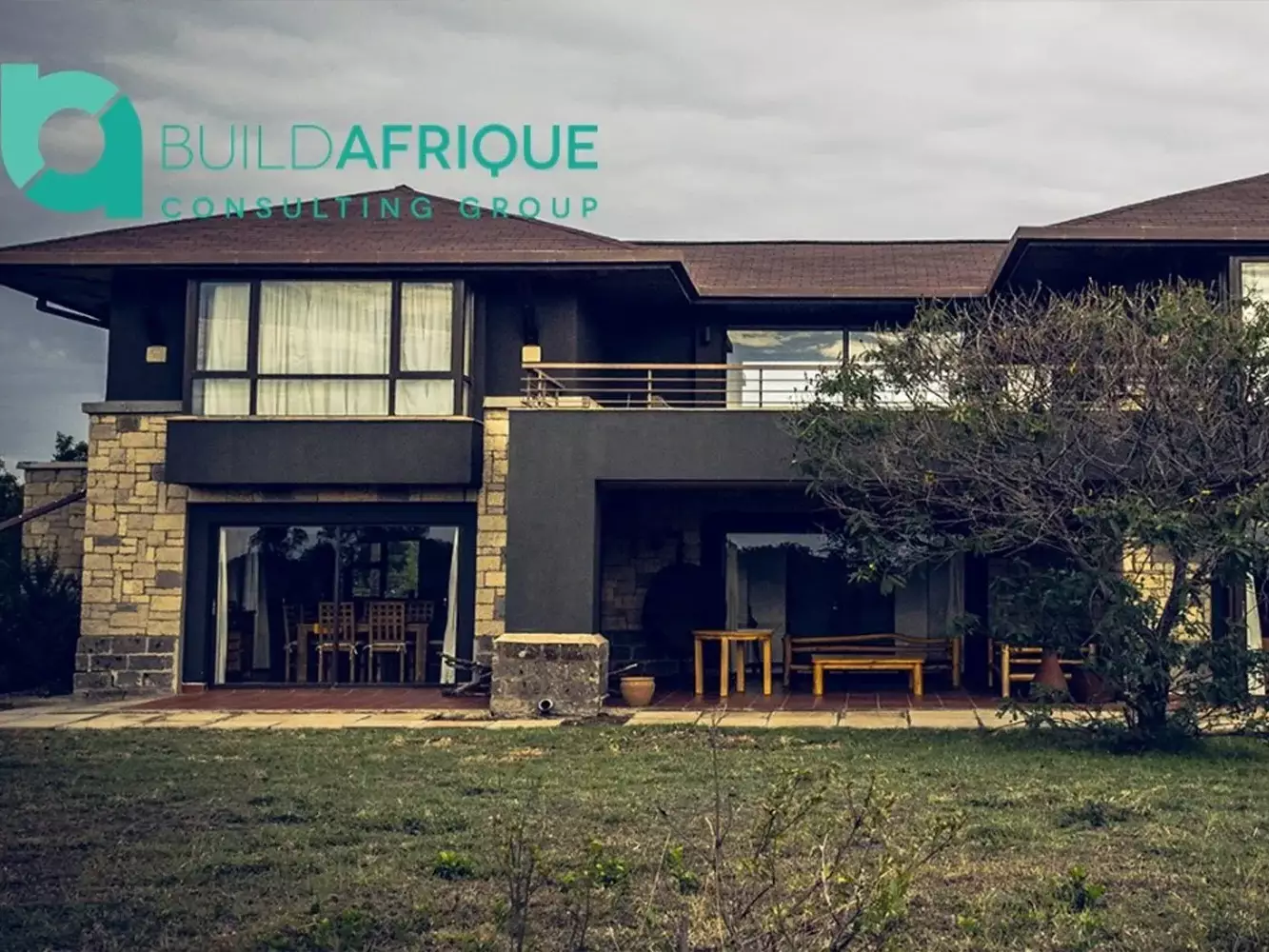Insights
Kenya evolving Real Estate Market – Challenges that shall Impede Growth in Kenya Real Estate in 2018 and available solutions for investors

The real estate business, much like other industries, is constantly evolving. The key drivers for the real estate sector range from the prospect of yield to the changing face of land complemented by the uncertainty encompassing the sector. In any case, as towns in Kenya continue experiencing rural-urban migration which is driving the demand for commercial and residential, property developers may not meet this demand. And for those who can, the pricing mismatch then becomes an apparent issue. To some extent, this has been as a result of an existing lack of a proper financial mechanism, the bottleneck in the supply of materials, increasing costs of building materials, high wage costs and unavailability of labor. In addition to lack of affordable development-class land, increase supply and competition of property, and high costs of funds, these are some of the challenges that are expected to affect the Kenya real estate sector this year.
Inadequate and high cost of finance
A property development requires a huge sum of capital. As such, borrowing is a significant feature particularly in residential development as a consequence of its high unit and the value-huge capital outlay. Unfortunately, large traditional lending institutions hardly want to get involved in giving acquisition, development, and construction loans to private developers. This has been made worse by the existing interest cap rate. The real estate sector has one of the highest loan application rejection rates.
According to a recent report, the number of mortgage accounts dropped by 1.5 percent to 24085 in December 2017 and despite the cap, the actual cost of credit averaged 19 percent thus increasing development costs. Recently, banks have reduced credit advanced to small and medium-sized companies. To counter the high cost of credit and unavailability of funds for development, developers need to find innovative ways to raise funds, some of which include project notes and real estate investments funds.
Increased supply and competition
Before the commercial property glut set in early this year, there were numerous predictions on oversupply and an impending bubble burst as property firms warned of retail space oversupply and the possible repercussions. In mid-January further reports came out indicating a  decrease across all rental residential property, with apartments recording the sharpest decline in both value and rental prices of an average 12 percent. While increased supply is just one of the areas that have been ailing the Kenya real estate sector, competition from international brands is another challenge that will impede the sector. Kenya is branded as one of the leading destinations in Sub-Saharan Africa for developers setting up shopping centers. The major selling points include the fact that it boasts one of the largest markets by existing floor space and has the of the biggest development pipeline. With the high number of construction projects this year, the supply of commercial space alone is expected to be 3.9 million square feet this year. Factor in the entry of international brands into the market, Factor in the entry of international brands into the market, there is a likelihood of a constrained performance among the small operators.
decrease across all rental residential property, with apartments recording the sharpest decline in both value and rental prices of an average 12 percent. While increased supply is just one of the areas that have been ailing the Kenya real estate sector, competition from international brands is another challenge that will impede the sector. Kenya is branded as one of the leading destinations in Sub-Saharan Africa for developers setting up shopping centers. The major selling points include the fact that it boasts one of the largest markets by existing floor space and has the of the biggest development pipeline. With the high number of construction projects this year, the supply of commercial space alone is expected to be 3.9 million square feet this year. Factor in the entry of international brands into the market, Factor in the entry of international brands into the market, there is a likelihood of a constrained performance among the small operators.
While much of the reason for declined returns can be blamed on these factors, changing demographics and a shift in preferences are some of the other factors shaping the uptake of some property and disregard of others. For instance, the younger generation is moving away from the multifamily settings in residential property. Therefore, understanding each location’s demand drivers and trends may be what sets apart a development project, commercial or residential.
High wage costs and unavailability of labor
An acute shortage of skilled construction workers has emerged to be one of the biggest impediments to Kenya’s construction and development projects. Labor shortages began to bite mid-2012 as the sector slowly came to life after the 2008-2011 cool off that concluded the global economic recession. It has been argued that the upgrade of a significant number of colleges to universities may have affected the then infant real estate industry as the move left only a handful of institutions to impart technical and vocational skills to students.
More recently, there have been reports of increasing labor costs in the construction and real estate sector. Currently, we are witnessing a double-digit percentage wage inflation, and with the real estate sector gearing up for large-scale projects in 2018, prices will rise further. Developers will need to plan effectively around construction labor and emphasize on upfront quotations of construction pay scales as opposed to daily wages for specified work objectives. Identifying the loopholes in compensation processes may help investors predict these costs, thus attain a level of control.
Lack of affordable development land
The genesis of the current land prices appreciation dates back to two decades ago when the then government regime, embarked on a mission to build and expand major roads across Nairobi in a bid to ease traffic congestion. The massive infrastructure led to the opening up of some areas that were previously inaccessible. This saw land prices in these areas growing rapidly followed by a spilling effect in  major towns across the country as sellers and buyers hoped for growth rates similar to Nairobi’s. Prices in areas such as Karen went up from Ksh 2.5 million to Ksh 20 million as speculators overtook the market. Today, an acre of land in Karen averages Ksh 60 million. As major infrastructure developments continue to shape the country, land prices shall continue to skyrocket, while factors such as increased demand by foreign investors have driven prices to 24 fold in the past 10 years.
major towns across the country as sellers and buyers hoped for growth rates similar to Nairobi’s. Prices in areas such as Karen went up from Ksh 2.5 million to Ksh 20 million as speculators overtook the market. Today, an acre of land in Karen averages Ksh 60 million. As major infrastructure developments continue to shape the country, land prices shall continue to skyrocket, while factors such as increased demand by foreign investors have driven prices to 24 fold in the past 10 years.
Property developers predict that despite the unreasonable increase in land prices, there will be no real estate bust. Probably some corrections which will still raise the costs of development and subsequently, end-user prices. Recent reports have shown that on average, land prices have grown by a 6-year CAGR of 17.4 percent. Perhaps, investors need to wary of the “very ideal for speculation” notion that currently drives the real estate market. While prices are expected to remain high, people are not going to see the 200-300 percentage growth in 10 years as it has happened before. It is important to rely on factual demand drivers while determining the value of a development-class land
While challenges are the order of business, smart investors shall still be able to make the most out of an investment opportunity by identifying the demands and trends in every investment opportunity in Kenya fast evolving market. Conducting market research, feasibility studies, and investment appraisal for real estate investment projects shall therefore be key for every investor, in order to management investments risks, determine the viability of an investment, and maximize value in a challenging market.
This article is written by Buildafrique Consulting Group; a Kenya Real Estate Consultant and Development Solutions provider that offers End-to-End Financial, Development Management, and Investments Solutions in Real Estate, to allow Developer, Investors, and prospective Home Owners manage risks and realize value for their investments in a fast-evolving Real Estate market.
Contact Us today for Solutions to your Challenge in Real Estate Investments and Project Development:
- Email: [email protected]
- Tel: +254 722 474285 / + 254 20 8058493
- Website: www.buildafrique.com
Related
Insights
Building Construction Project Managers Company In Kenya
Buildafrique is a Building Construction Project Managers Company in Kenya and a…
Environmental Impact Assessment (EIA) Experts in Kenya – Nairobi, Thika, Nakuru, Mombasa, and Kisumu
Buildafrique is a Environmental Impact Assessment (EIA) Expert Consulting Company in…
Construction Project Cost Experts and Quantity Surveyors in Kenya
Buildafrique is a Construction Project Cost Expert Company in Kenya and Quantity…






